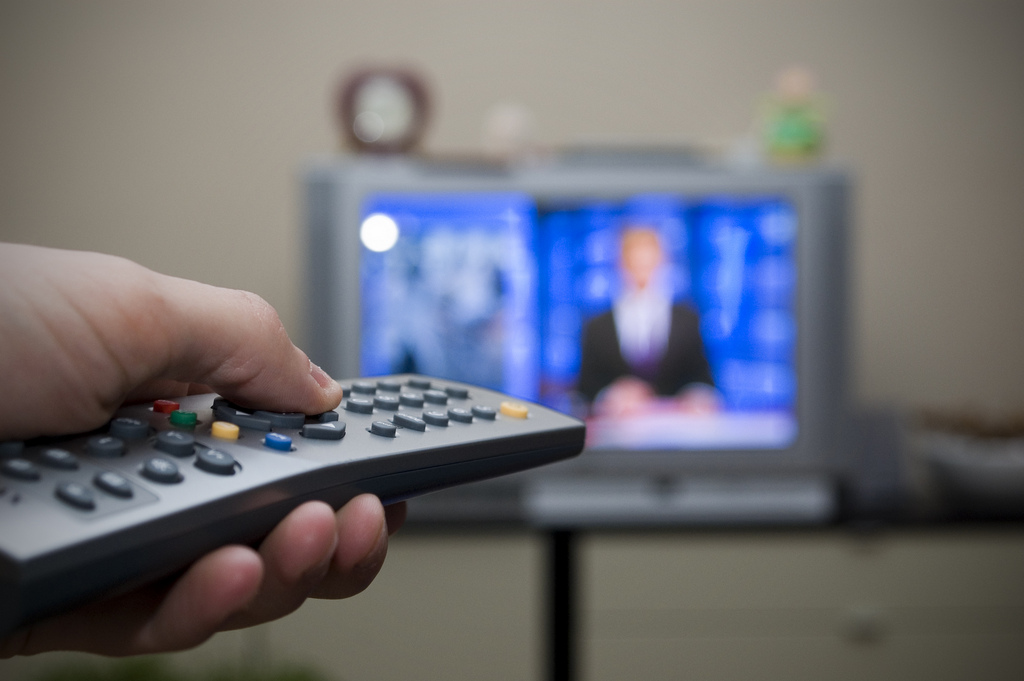When the Federal Communications Commission voted for a plan to let consumers watch TV channels on more devices, pay-TV companies complained that makers of third-party set-top boxes might insert their own advertising into cable TV. As a result, the cable TV lobby claimed customers would have to watch the standard television commercials plus see extra advertising distributed by whichever company makes the device or software they're using to watch TV.
FCC Chairman Tom Wheeler dismissed these concerns, and on the day of the vote he said that insertion of additional advertising would be prohibited. But the full text of the notice of proposed rulemaking (NPRM), released after the vote on February 18, shows that there likely won't be a new rule preventing insertion of additional advertising.
The NPRM is a set of proposed rules that asks the public for comment with the goal of issuing final rules by the end of the year.
The document notes that extra advertising hasn't been a problem with CableCard, the existing regime that lets customers watch TV channels on devices that are compatible with CableCard hardware. The new set-top box rules would require a software-based replacement for CableCard, making it easier for companies to create applications and hardware that can replace the set-top boxes customers typically rent from cable companies.
"We do not currently have evidence that regulations are needed to address concerns raised by MVPDs [multichannel video programming distributors] and content providers that competitive navigation solutions will disrupt elements of service presentation (such as agreed-upon channel lineups and neighborhoods), replace or alter advertising, or improperly manipulate content," the NPRM said (emphasis ours). "We have not seen evidence of any such problems in the CableCARD regime, and based on the current record, do not believe it is necessary for us to propose any rules to address these issues."
The NPRM seeks public comment on whether the FCC should change its view and whether the commission has "the authority and enforcement mechanisms to address such concerns." The NPRM also asks the public to comment on whether existing copyright law might "protect against [the cable companies'] concerns."




 Loading comments...
Loading comments...
